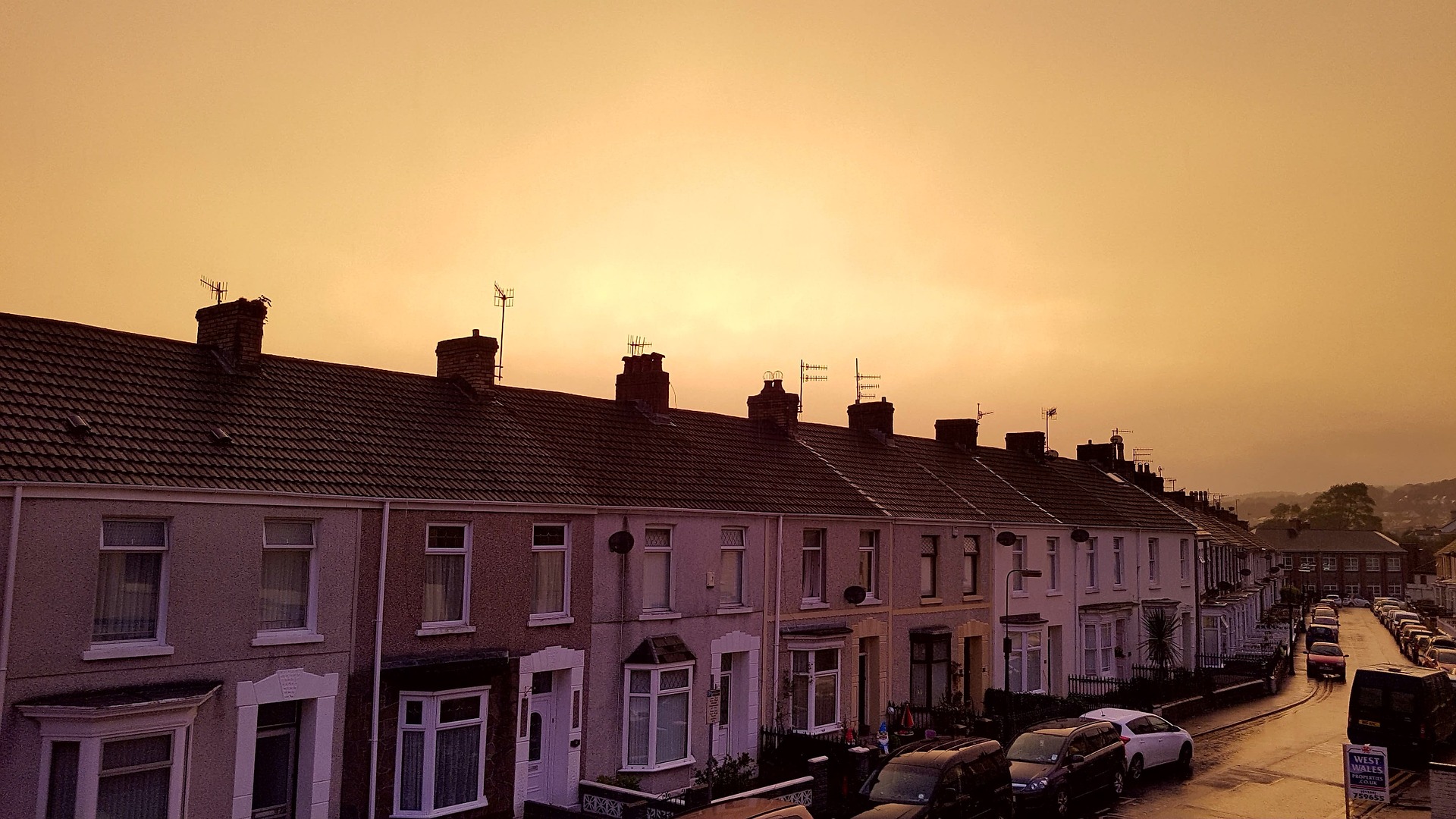If you own a buy to let residential property or a second home then the rules for claiming mortgage interest as a cost against your profit are changing.
When George Osborne announced this tax change in the summer 2015 budget, he implied that the extra tax would only hit higher-earning landlords.
Whilst it’s true that every mortgaged landlord who pays 40% or 45% tax will indeed pay much more under his proposals, some basic-rate taxpayers will also pay more tax. This is because the change will push them into the higher-rate bracket, even though they earn no additional income.
In fact, contrary to the Chancellor’s suggestion, the only buy-to-let investors who will not be hit are the very wealthy who buy property in cash and who don’t need a mortgage.
The future change is landlords’ inability to deduct the cost of their mortgage interest from their rental income profits. In other words, tax will be applied to the profit made before deducting the mortgage interest.
Here are some worked examples, assuming the landlord currently pays 40% tax.
NOW
Rental Income £25,000
Less Allowable Expenses (£5,000)
Less Mortgage Interest (£13,000)
Profit £7,000
Tax @ 40% – Due to HMRC £2,800
2020
Rental Income £25,000
Less Allowable Expenses (£5,000)
Profit £20,000
Tax @ 40% £8,000
Less Tax credit on mortgage interest @ 20% (£2,600)
Tax due to HMRC £5,400
The 2 scenarios give the following results:
Profit after tax: (ie amount left for landlord)
NOW (£7,000 – £2,800) £4,200
2020 (£7,000 – £5,400) £1,600
When the bank rate finally rises then your mortgage rate may follow. The rise could eventually leave you making no profit after tax whatsoever.
For example, if your mortgage interest rises to say £15,000 and your rental income less allowable expenses remain at £20,000, then you are left with an actual profit before tax of £5,000 (instead of the previous £7,000) Your tax bill will then be £8,000, as in the previous 2020 scenario, and the tax credit with now be £3,000 (£15,000 @ 20%) leaving an amount payable to HMRC of £5,000.
Profit after tax, after rate rise: (ie revised amount left for landlord)
2020 – (£5,000 – £5,000) NIL
To summarise:
• By 2020 private landlords won’t be able to deduct mortgage interest costs from their rent
• Instead, a tax credit worth 20% of the mortgage interest will be applied
• All higher-rate taxpaying landlords with mortgages will pay more tax
• Many will see tax bills rise by 100% or more
• Many will pay tax on zero income or on losses
• Many basic-rate taxpayers will pay higher-rate tax while earning no more income
• Some landlords will lose child benefit or pension tax relief
• While private investors are hit, companies are exempt
• Cash-rich investors, who buy without mortgages, are unaffected



